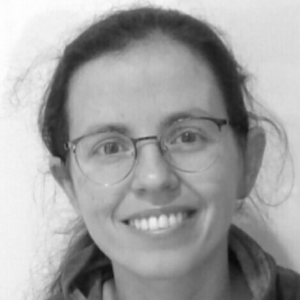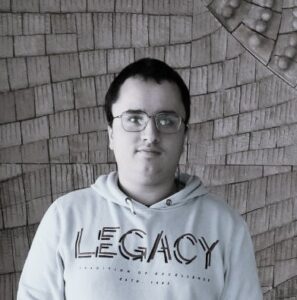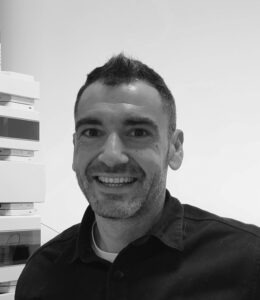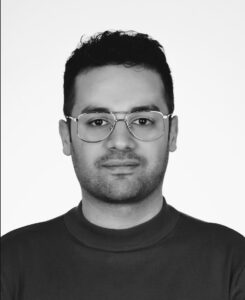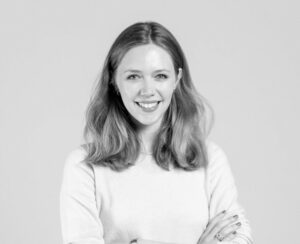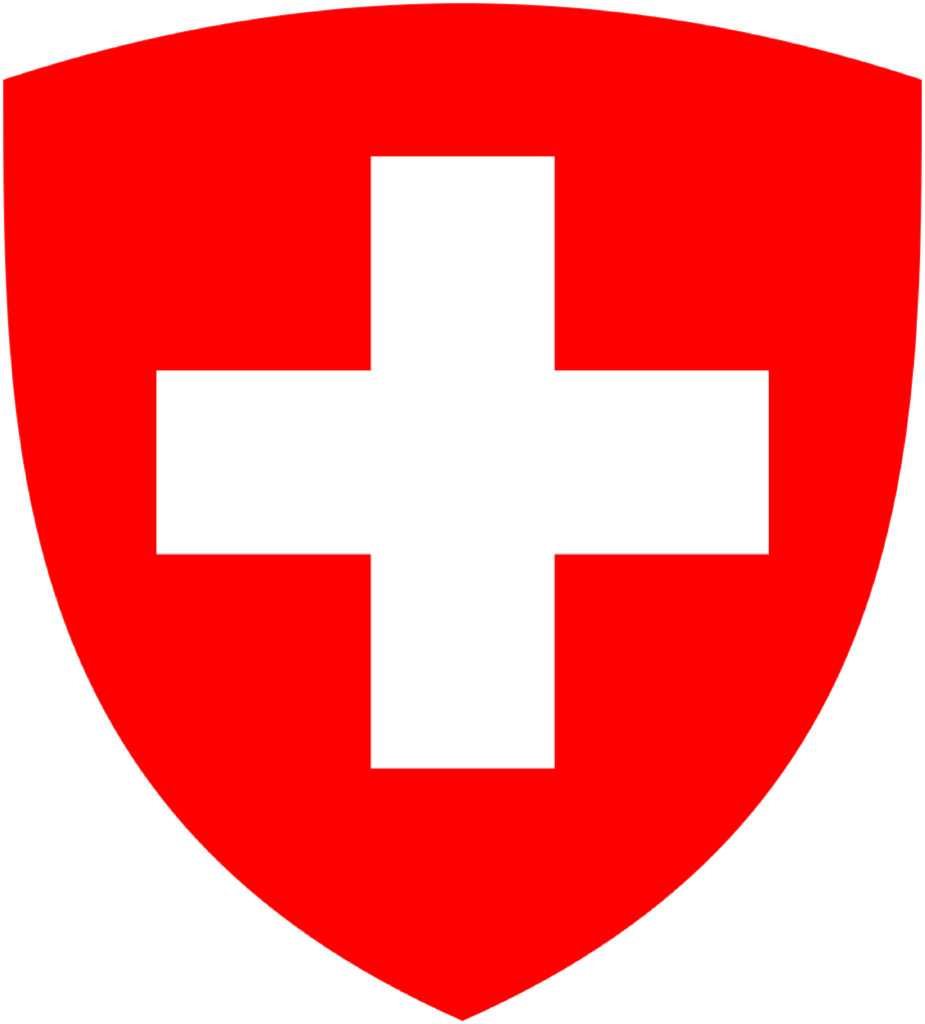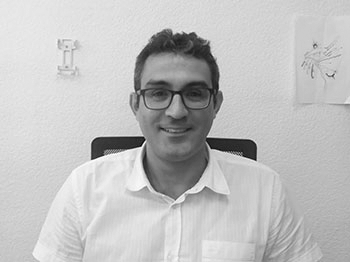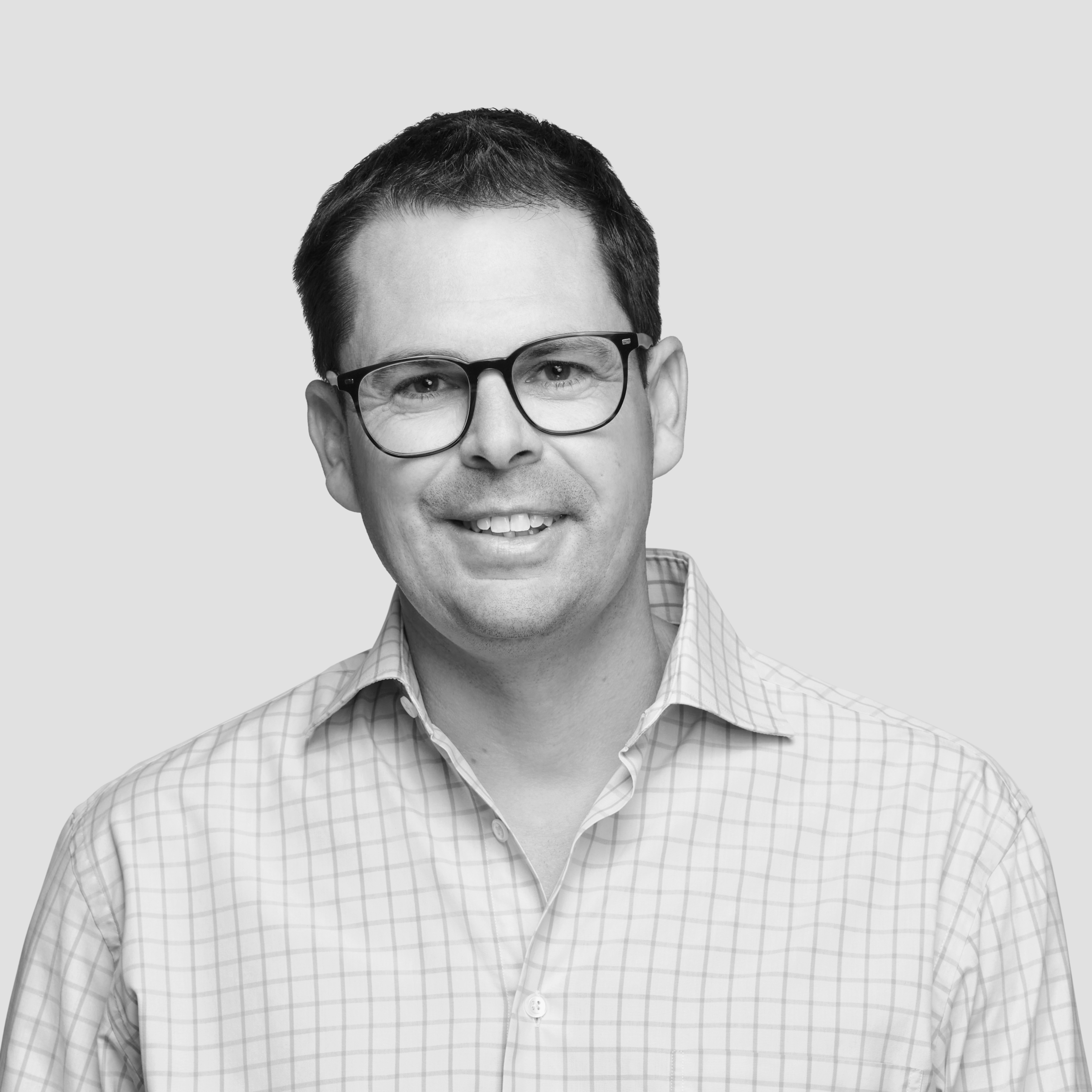CORE - PostDoc & Phd students - NET
Discover the research groups from CORENET partners and their contributions to the project in the fields of Systems Chemistry, AI, Metabolomics, and Microfluidics. Our page features five groups, including SysChem (UAM), focused on biohybrid materials and systems chemistry, Foodomics Group (CSIC), Algorithmic Cheminformatics Group (SDU), HuckLab (SRU) and the Physics and Science of Information Group which is part of the Science of Quantum and Information Technology Department at IBM Research Europe – Zurich, focussed on fundamental research in information processing and the future of computing. Join and explore the latest research and advancements in these exciting fields.
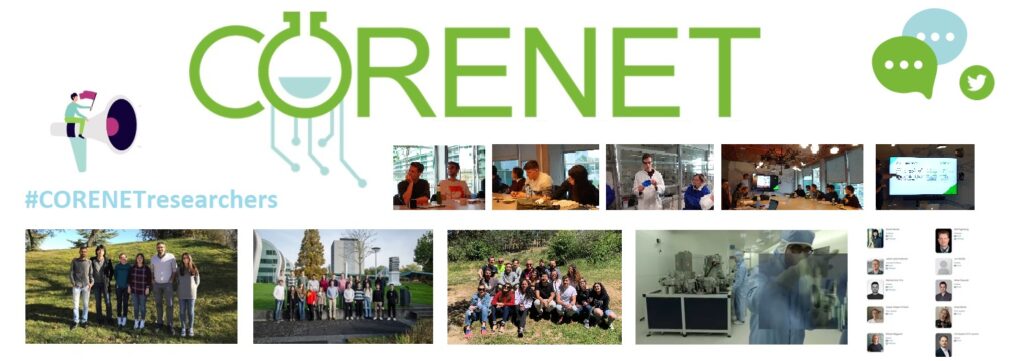

SysChem: Group of Biohybrid Materials and Systems Chemistry (UAM)
Dr. Andres de la Escosura heads the Biohybrid Materials and Systems Chemistry research line at the Organic Chemistry Department of UAM. The SysChem group focuses on designing and synthesizing novel supramolecular and nanostructured hybrids using both synthetic and biological components. They also study the complex biological functions of these hybrids.
PostDoc & Phd students
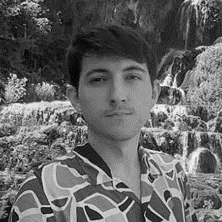
“In CORENET, I appreciate the growth opportunities through engaging with experts across various chemistry disciplines from academia and industry.”
Education:
B.Sc. in Chemistry, 2021, Autonomous University of Madrid , Spain
M.Sc. in Organic Chemistry, 2022, Autonomous University of Madrid, Spain
Ph.D. in Organic Chemistry (2022 – to present), Autonomous University of Madrid , Spain
Interests:
Supramolecular Chemistry and Replication Networks
Social media:
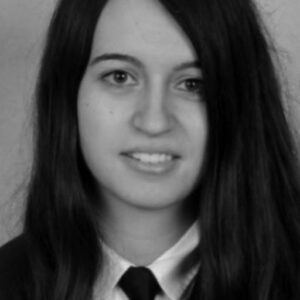
“In the CORENET project, I value the opportunity to collaborate and share ideas with experts in the field.”
Education:
B.Sc. in Chemistry,2017, Autonomous University of Madrid, Spain
M.Sc. in Advanced Materials, Nanotechnology and Photonics, 2018, Autonomous University of Madrid, Spain
Ph.D. in Organic Chemistry, Autonomous University of Madrid, Spain
Interests:
Prebiotic Chemistry and Supramolecular Chemistry
Social media:
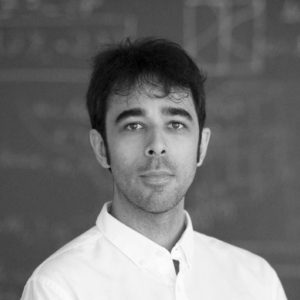
“The multidisciplinary character of this project allows a fruitful exchange of ideas.”
Education:
B.Sc. in Chemistry, 2013, Universidad Autónoma de Madrid, Spain
M.Sc. in Theoretical Chemistry and Computational Modeling, 2015, Universidad Autónoma de Madrid, Spain
Ph.D. in in Theoretical Chemistry and Computational Modeling, 2019, Universidad Autónoma de Madrid, Spain
Interests:
Quantum Chemistry, Catalysis, Theoretical Organic Chemistry
Social media:
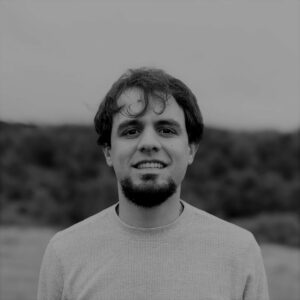
In 2020, I joined Dr José Luis Vicario’s group (University of Basque Country) where I strengthened my knowledge and abilities in Organocatalysis and multi-step synthesis, developing new methodologies in this area. In 2022, I worked in Dr Marta Gutiérrez’s group (IQM-CSIC), synthesising compounds with potential activity against the virus SARS-CoV-2. Nowadays, I work in Dr Andrés de la Escosura’s group, studying the formation of biomolecules in prebiotic conditions.
“CORENET project gives me the opportunity to learn from researchers from other fields of science and combine our experience in common objectives.”
Education:
B.Sc. in Chemistry, 2013, Autonomous University of Madrid, Spain
M.Sc. in Organic Chemistry, 2014, Autonomous University of Madrid, Spain
Ph.D. in Organic Chemistry, 2019, Autonomous University of Madrid, Spain
Interests:
Organocatalysis, Photocatalysis, Biochemistry and Computational Organic Chemistry
Social media:
During my Bachelor´s studies I worked in azoderivatives as Hypoxia sensors. Nowadays, I am a PhD student in organic Chemistry in Autonomous University of Madrid. As a part of SysChem, my aim is to replicate biological reactions in prebiotic conditions.
“Through the CORENET proyect, I look forward to work with different experts from various universities from whom I can learn and collaborate”
Education:
Sc. In Chemistry, 2022, Autonomous University of Madrid, Spain
Sc. In Organic Chemistry,2023, Autonomous University of Madrid, Spain
Ph.D. in Organic Chemistry (2023 – to present), Autonomous University of Madrid, Spain
Interests:
Prebiotic Chemistry, Organic Chemistry and Catalysis
Contact:
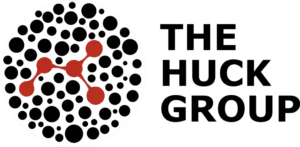
Huck group (SRU)
The Huck group is an international, diverse and multidisciplinary team of chemists, physicists, biologists, engineers, and computational scientists at the Institute for Molecules and Materials, Radboud University Nijmegen. The group’s research focuses on understanding life, including what it is, how it works, and where it could possibly come from. The Huck group is part of the Department of Physical Organic Chemistry, which also includes the Spruijt group (soft interfaces), Korevaar group (life-like materials), and Velema group.
PostDoc & Phd students
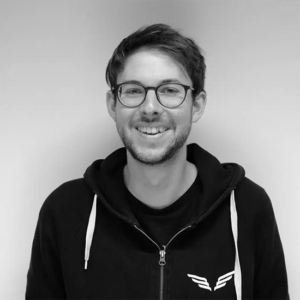
“It is very exciting and stimulating to be part of an interdisciplinary research consortium with scientists from all around Europe.”
Education:
B.Sc. in Chemistry, 2014, Université de Mons, Belgium
M.Sc. in Organic Chemistry, 2016, Université de Mons, Belgium
Ph.D. in Chemistry, 2020, Université de Mons, Belgium
Interests:
Mass spectrometry, Ion Mobility, Flow Chemistry, Reaction Networks
Social media:
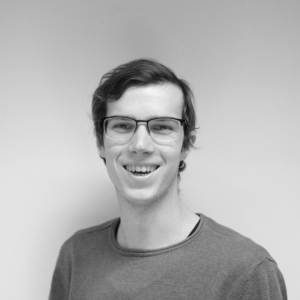
“For me this is the interdisciplinary nature of the consortium, each collaborator has unique expertise while still working towards a common goal. It is great to be able to work together with, and learn from, scientists from a wide variety of backgrounds.”
Education:
B.Sc. in Science, 2019 Radboud University
M.Sc. in Chemistry of Life, 2021 Radboud University
Ph.D. student, Radboud University
Interests:
Prebiotic Chemistry, Reservoir Computing, Molecular Information Processing, Flow Chemistry, Chemical Reaction Networks
Social media:
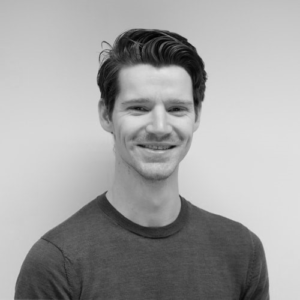
“In CORENET, I cherish the opportunity to be part of an international and highly interdisciplinary collaboration.”
Education:
BSc Chemistry and BSc Physics & Astronomy, 2018, Radboud University
MSc Nanomaterials and MSc Experimental Physics, 2021, Utrecht University
Ph.D. in Physical Organic Chemistry, Radboud University
Interests:
Chemical Reaction Networks, Information Processing, Complex Systems, Reservoir Computation
Social media:

Foodomics Lab (CSIC)
The Foodomics Lab is a research group that focuses on utilizing advanced analytical techniques, such as transcriptomics, proteomics, and metabolomics, to explore previously unattainable aspects of food and nutrition. Through cutting-edge research, the lab is able to uncover new insights and develop innovative solutions in the field of food science.
PostDoc & Phd students
Alberto Valdés is a Food Science and Technology graduate from Universidad Autónoma de Madrid, Spain. He earned his Ph.D. in Biology and Food Sciences from the Institute of Food Science Research – National Research Council (CIAL-CSIC, Spain) and was a Post-Doctoral researcher at Uppsala University (Sweden) and the University of Alcalá (Spain).
He is currently a Juan de la Cierva Post-Doctoral researcher at the Foodomics Laboratory at CIAL-CSIC. His research focuses on the development and application of advanced analytical methods to identify and quantify the effect of natural food ingredients and extracts on the transcriptome, proteome, and metabolome of different models. His work has resulted in 35 scientific articles published in high-impact journals and 10 book chapters. He has also participated in various teaching tasks and presented in national and international conferences. Additionally, he has reviewed articles for different international journals.
“The multidisciplinary capacity of the consortium, composed of internationally recognized partners and prestigious scientists, shares and combines their knowledge to understand complex chemical systems through the application of cutting-edge technologies in systems chemistry, microfluidics, metabolomics and artificial intelligence”
Education:
Bachelor’s degree in Food Science and Technology, 2010, UAM, Spain.
Postgraduate student, 2011, UAM-CIAL-CSIC, Spain.
Ph.D. in Biology and Food Sciences, 2016, CIAL-CSIC, Spain.
Post-Doctoral researcher in Analytical Chemistry department, 2016-2018, Uppsala University, Sweden.
Juan de la Cierva Formación – Post-Doctoral researcher in Analytical Chemistry, Physical Chemistry and Chemical Engineering department, 2018-2020, UAH, Spain.
Visitor Scientist in Fiehn Laboratory at UC Davis, USA, for 7 months during 2018-2020.
Juan de la Cierva Incorporación – Post-Doctoral researcher in Foodomics Laboratory, currently at CIAL-CSIC, Spain.
Interests:
Bioinformatics, Chemometrics, Foodomics, Food Science, Mass Spectrometry, Metabolomics, Proteomics, Transcriptomics
Social media:
Algorithmic Cheminformatics Group (SDU)
The Algorithmic Cheminformatics Group is a research group that focuses on developing new approaches for synthetic design and discovery of advantageous pathways in chemistry. They use algebraic graph rewriting approaches to model chemistry, which allows for a direct application of results from theoretical Computer Science and graph theory. Their research results are implemented in MØD, a software package developed for graph-based cheminformatics. The group’s main research focus includes Chemical Graph Theory, Graph Transformation, Algorithmic / Discrete Cheminformatics, and more. The group aims to revolutionize the understanding of Chemical Reaction Networks and develop new, conceptually innovative approaches for synthetic design and discovery of advantageous pathways.
PostDoc & Phd students
Mehmet Aziz Yirik is a postdoctoral researcher at the University of Southern Denmark, where he has been since June 2022. He obtained his PhD from Friedrich-Schiller University Jena in Germany, where he focused on the development of open-source chemical graph generators using algorithmic group theory. His work resulted in the creation of two chemical graph generators, maygen and surge, which outperformed the established gold standard in the field.
In addition to his work in chemistry, Yirik has also studied protein-ligand interactions and network analysis in the treatment of neural diseases, such as Alzheimer’s and epilepsy. He has presented his work at various conferences, including the Cambridge Cheminformatics Meeting.
Outside of his academic work, Yirik has a passion for fine arts, particularly movies and music.
“I enjoy applying my mathematics and computer science knowledge into the development of efficient tools for health sciences and working as a part of such an interdisciplinary team.”
Education:
B.Sc. in Mathematics, 2013, Mimar Sinan Fine Arts University, Turkiye
M.Sc. in Computational Science and Engineering, 2017, Boğaziçi University, Turkiye
Ph.D. in Algorithmic Cheminformatics, 2022, Friedrich-Schiller University Jena, Germany
Interests:
Mathematics, Cheminformatics, Machine Learning
Social media:
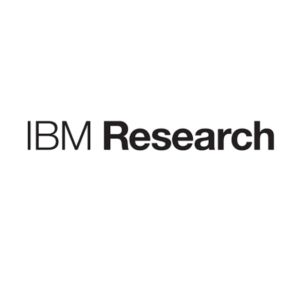
Physics and Science of Information Group (IBM Research - Zurich)
The Physics and Science of Information Group is part of the Science of Quantum and Information Technology Department at IBM Research Europe – Zurich. The group focusses on fundamental research in information processing and the future of computing. Semiconductor fabrication technology is the foundational basis that enables molecular compounds to be integrated into electronic devices, surfaces to be site-selectively functionalized and scalable reaction compartments for homogeneous and heterogeneous catalysis to be created. One focus lies on automating chemical processes and the stringent control of reaction conditions to automatically screen reaction pathways and to enable accelerated material discovery by combinatorial and divergent catalysis. Link to AI and quantum computing activities allow the chemical hardware to be assembled to a system that can learn, adapt, and optimize reactions based on feedback mechanisms.
PostDoc & Phd students
Katja-Sophia joined IBM Research Europe – Zurich as a Postdoctoral researcher in August 2023. Her work in CORENET focuses on the deployment of complex chemical reaction networks (CRNs) for chemical computing applications.
She studied chemistry with a focus on Computational Quantum Chemistry at Freie Universität Berlin, Ludwig-Maximilians-Universität Munich, and Oxford University and obtained her PhD in Quantum Chemistry in 2023 from ETH Zürich under the supervision of Prof. Dr. Markus Reiher with the title “Autonomous Construction of Quantum Hybrid Models for Biochemical Applications”.
Her doctoral work focused on the automated exploration of chemical reactions and reaction networks in nanoscopic structures via black-box constructible quantum-classical hybrid models.
“It is easier and far more effective to reach an ambitious goal if you approach it from different perspectives. That’s why Corenet is such a fascinating and promising collaboration.”
Education: BSc. (FU Berlin) and MSc. (LMU Munich) In Chemistry andPhD in Computational Quantum Chemistry from ETH Zürich.
Interests: Computational chemistry, chemical computing, catalysis, cheminformatics, machine learning, reservoir computing.
